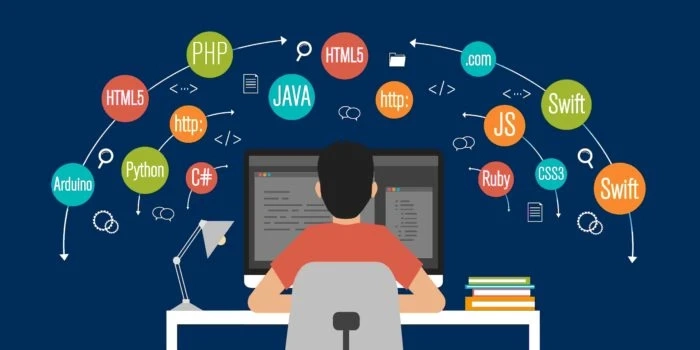Python is the “most powerful language you can still read”
Paul Dubois
According to a recent survey, the demand for Python developers increased by 41% worldwide. Clearly showcasing some incredibly intelligent and critical use cases that one cannot deny, Python has by far become one of the most popular programming languages of all time. As is evident that programs must be written for people to read, and only incidentally for machines to execute. The fact that it garners some high-profile job roles for Python developers as well; cannot take away the fact that Python is here to stay.
Data cleaning is one of the most critical tasks of any data analysis process. The year 2023 is going to be an extension of the previous year as this year is on the roll to unveil some clever data python packages, that are sure to elevate the international programming landscape. Equipping oneself with the most in-demand data python packages will reveal a heightened data science career growth.
Let’s look at the following 8 incredible additions to Python packages this year:
PyjanitorPyjanitor, inspired by R package janitor, has made data cleaning tremendously stress-free. It is an extension package for Pandas, it is an open-source python implementation of the R package. It offers a clean API for examining and removing noise from dirty datasets in ML. It is highly recommended for beginners and intermediate users as it offers a user-friendly interface and easy-to-use functions.
NannyMLEver thought of estimating post-deployment model performance with an open-source library? NannyML makes it real for you as it assists in detecting data drift, and intelligently links data drift alerts back to the changes in model performance. Being a Python open-source library, it has an easy-access interface; and interactive visualizations; that enable data scientists to support varied processes.
PingouinAn open-source statistical package written in Python-3; Pingouin is based on Pandas and NumPy. It is specifically designed for users looking for performance with simple yet exhaustive statistical functions. It offers ample opportunity to easily access multivariate tests, and Bayes factors; offers robust, partial, distance, and repeated measures correlations, and much more.
MLFlowMLflow is an open-source platform to manage the end-to-end machine learning lifecycle; that assists in tracking, modeling, reusable, and reproducible projects, centralizing model registry, and serving host to ML models as REST endpoints.
Data Version ControlDVC is deployed to make ML models shareable and reproducible. It is designed to handle large files, data sets, ML models, and metrics as well as code.
PyCaretPyCaret is a low-code open-source ML library in Python that automates ML workflows. It offers itself as an end-to-end Ml and model management tool that exponentially speeds up the experiment cycle and makes data science professionals highly productive.
BentoMLIt is a cakewalk for BentoML to create ML-powered prediction services that are ready to deploy and scale. It accelerates and standardizes the process of taking ML models to production, and builds scalable and high-performance prediction services. It deploys, monitors, and operates prediction services at a consistent rate.
StreamLitAre you looking for the fastest way to build and share data apps? StreamLit is the perfect solution. It is a free and open-source framework that rapidly builds and shares beautiful ML and data science web applications. It saves a lot of time and is highly compatible with Python libraries such as Keras, sci-kit-learn, PyTorch, SymPy (latex), Pandas, etc.
Certified Data scientists are armed with incredibly resourceful programming skillset at prestigious data science certifications; that make them an indispensable resource for the organization. Looking at the usability and applicability of the above Python libraries, it is evident that no matter what the situation or the problem an organization would be faced with; these are going to prove a one-shot solution every time. Gear up for a meaty data science professional role in 2030 as the year entails bigger opportunities that require ace skillset and programming essentials to be highlighted in your portfolio. Begin with the best today!


